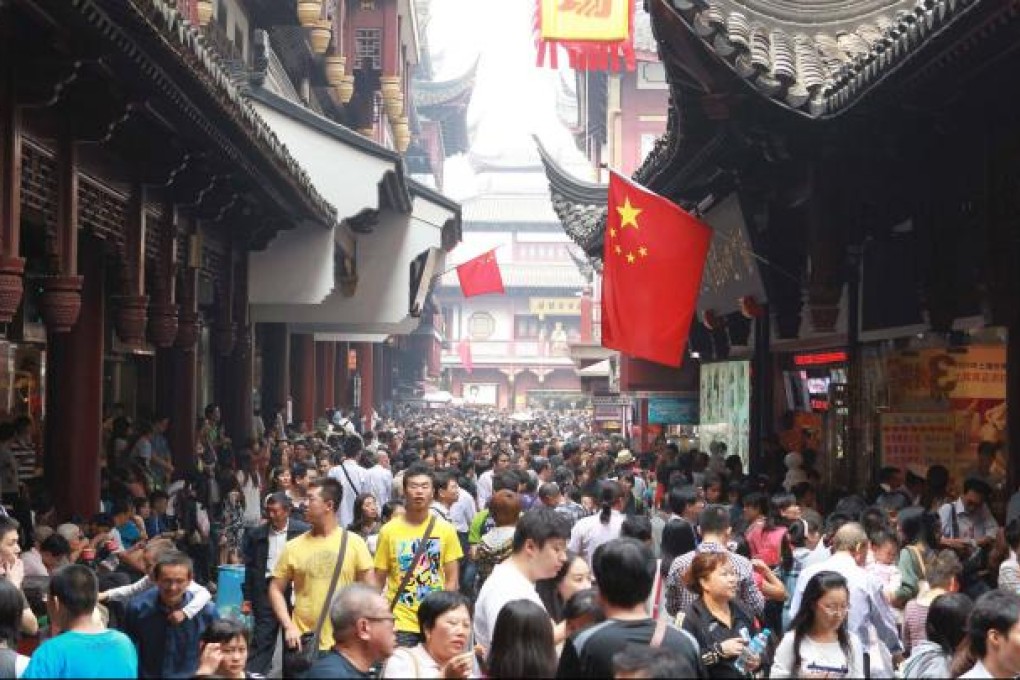City scope: hostility or hospitality?
Gary Jones in Shanghai

While Hong Kong grumbles about floods of mainland visitors - muttering about denuded shop shelves and their "uncouth" cousins slurping noodles on the MTR, among other breaches of etiquette - offended commentators in Beijing rage over ungrateful Hong Kong "bastards" who are "used to being running dogs for British imperialists".
Meanwhile, many in Shanghai appear wounded for a quite different reason. The upwardly mobile classes here believe that the anti-mainlander hot air blowing from Hong Kong tars them with the same brush as the rest of the mainland.
Shanghainese sophisticates, after all, insist they have more in common with Prada-clad Parisians than with cashed-up coal-mine owners from brutish Shanxi province. Being referred to as a parasitic locust is bad enough; being indiscriminately lumped in with the swarming great unwashed is too much.
What's more, many Shanghainese believe they have the same problems as their compatriots in Hong Kong. A torrent of outsiders, they say, has also brought fears over the loss of the local dialect, rising crime and urban gridlock. Shanghai's population now tops 23 million, up from 14 million in 1990.
Shanghai's attraction was amply demonstrated during the recent "golden week" holiday. Over the eight-day break, according to the , "more than 7.9 million tourists [almost a million more than the entire population of Hong Kong] travelled to Shanghai … a 21 per cent increase from last year". Most of those visitors would have come from elsewhere in China.
However, in stark contrast to their counterparts in Hong Kong, newspapers in Shanghai dwelled heavily on the positive aspects of the human tide. "The influx of tourists gave a boost to the city's economy," gushed the , adding that retail sales in the city rose 9 per cent year on year to 6.4 billion yuan (HK$7.9 billion) and "restaurant and hotel revenues during the holiday grew 24 per cent year on year to 950 million yuan".
